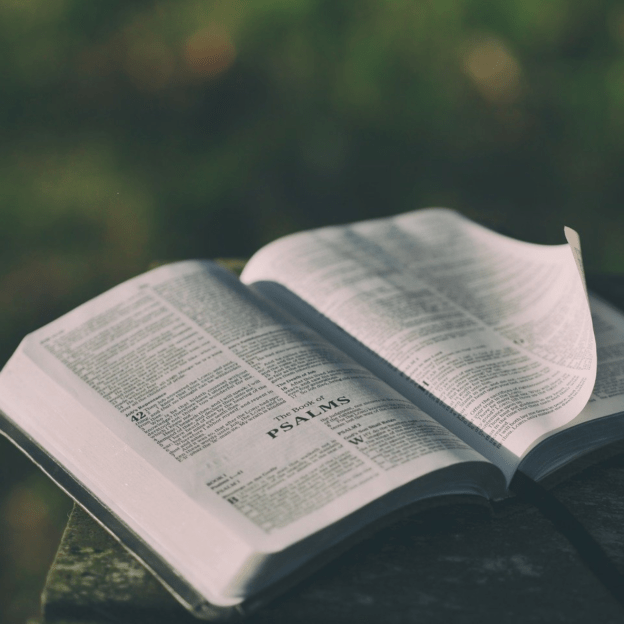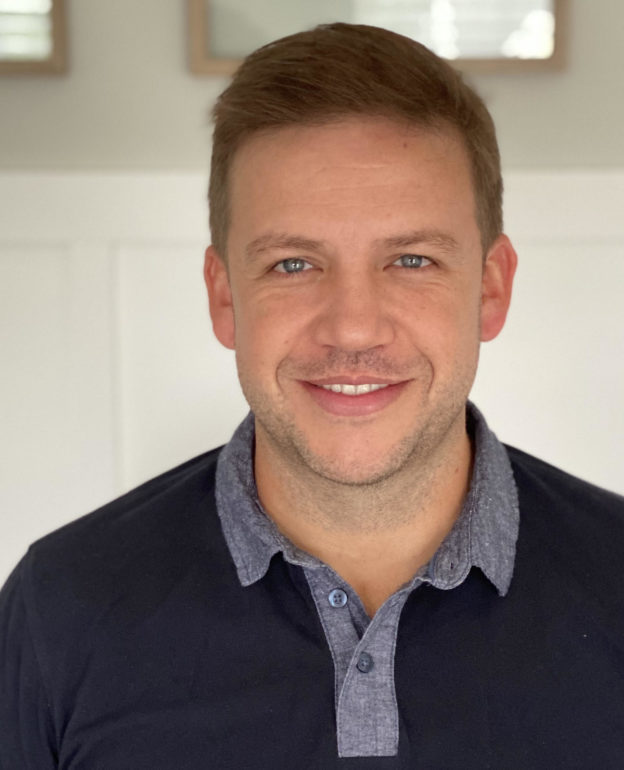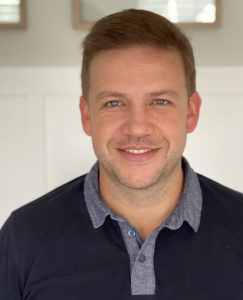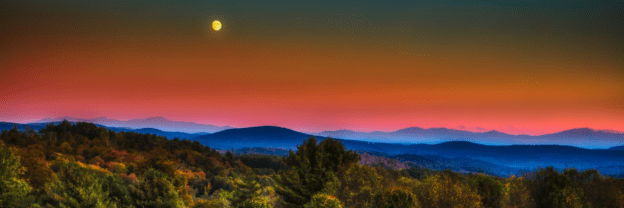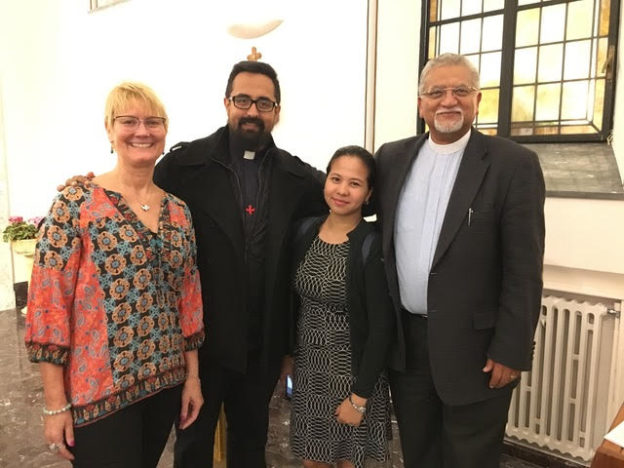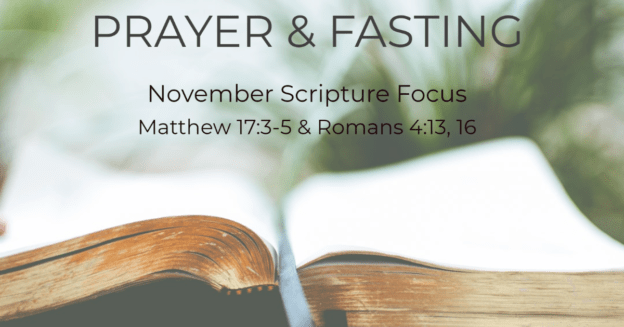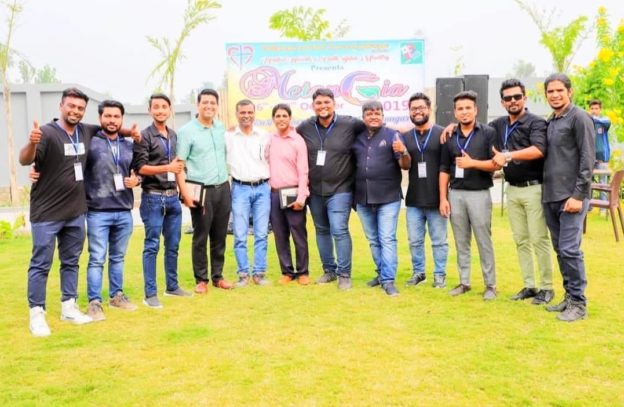By Rev. Dr. Kimberly Reisman
In many churches around the world, we marked All Saints Day this past Sunday, taking the time to honor the clouds of witnesses that have gone before us – all those people who have shaped, challenged, and carried us forward on our spiritual journey.
As I contemplate the saints in my own life, I’m reminded of two interrelated and intriguing ideas. The first is called six degrees of separation; the second, three degrees of influence. Six degrees of separation is the theory that everyone is six or fewer steps away, via introduction, from any other person in the world. Essentially, through a chain of a “friend of a friend” statements, any two people in the world can be connected in a maximum of six steps.
In our current age of social media “influencers” the theory of three degrees of influence shouldn’t be a big surprise. It asserts that social networks have great influence on us, but that influence doesn’t end with the people to whom we are directly tied. We influence our friends who in turn influence their friends, which means that our actions can influence people we have never met.
You may be wondering what this has to do with the great cloud of witnesses we just celebrated on All Saints Day. For me, the connection is in the metaphorical power of this kind of thinking. These ideas help us visualize the importance of understanding our own place in that “cloud.”
My own story may help with that understanding, but first, a small bit of history.
Nelson Mandela was a Methodist, educated in a Methodist boarding school where the chaplain was Rev. Seth Mokitimi. In 1964 Mokitimi became the first black person elected to lead a major denomination in South Africa as President of the Methodist Church of Southern Africa (MCSA). He was a powerful influence on Mandela.
In 1963, Mandela was sentenced to life in prison on Robben Island. Rev. Peter Storey, a young, white, newly ordained pastor in the MCSA became his chaplain. Four years later, Storey became the Superintendent Minister at the District Six Methodist Mission in Cape Town. This Mission is now a Museum that documents the history of District Six, and the work of Peter Storey and fellow Methodists in their fight against apartheid. As time passed Storey became a bishop and was also elected president of the denomination.
Keep that bit of history in the back of your mind.
My father is also a Methodist minister, and when I was growing up, he served as the World Editor of The Upper Room, a devotional magazine distributed in 64 different languages. The Upper Room annually gives an award to a worldwide Christian leader in recognition of their work. When I was in high school it was given to Abel Hendricks, a “colored” (the apartheid classification meaning not black and not white) Methodist minister in South Africa who had spent his ministry fighting apartheid. He stayed in our home when he came to Nashville to receive the award. I can remember being fascinated as he talked about his life and struggle. Like Peter Storey and Seth Mokitimi, Abel was elected president of the MCSA. In fact he was elected twice.
In 1980, I had the opportunity to attend the first International Christian Youth Conference on Evangelism (ICYCE), sponsored by World Methodist Evangelism. It was a life-changing event for me. Peter Storey was one of the keynote speakers.
Fast forward a few decades to 2011 when I began working more closely with Ivan Abrahams, the General Secretary of the World Methodist Council. As a young Methodist minister in South Africa, Ivan was mentored by both Abel Hendricks and Peter Storey. I now hold Ivan as one of my own mentors. In his time as a Methodist bishop and then as President of the Church, he came to know Mandela well and when Mandela died, Ivan was called upon to deliver the sermon at the memorial service.
Six degrees of separation illustrates how small our world really is and how connected we actually are to one another. Three degrees of influence suggests that we can have an impact on others in ways we may never realize. My experience attests to the validity of both those ideas. Who knew that I would be connected to Nelson Mandela through a friend of a friend of a friend?
But as interesting as that may be, that’s not the real story. The real story is about the spiritual inheritance we receive from the great cloud of witnesses – and the importance of finding our own place in that “cloud.”
Abel Hendricks is in my cloud; and yet as he sat at our dinner table describing what it felt like to be “colored” in South Africa, he likely was not aware of the impact he was having on the shy 17-year-old girl sitting across from him.
Peter Story is in my cloud; and yet as he preached and taught day after day at ICYCE, he likely didn’t notice the skinny 20-year-old whose head was spinning with the magnitude of what she was hearing.
Spiritual inheritance. We receive it from others, but we must also be willing to leave it for those who follow behind. We must take seriously our own place in the great cloud of witnesses. Because if we are connected to everyone else by no more than six degrees, there will always be potential for influence. And who knows what kind of impact we may have on the 17-year-old, or 20-year-old, or 45-year-old, or 67-year-old who happens to be the friend of a friend of a friend.
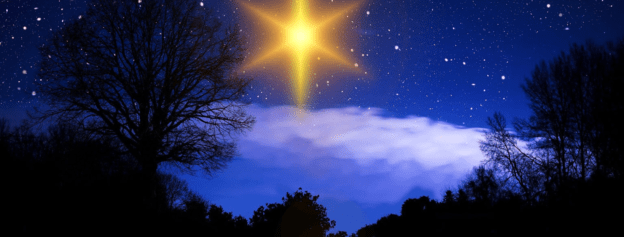

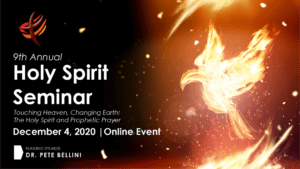

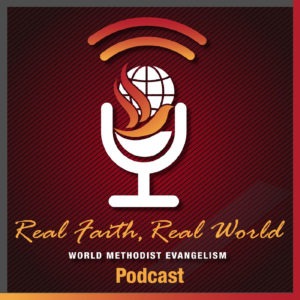 this series, Kim provides important tools to grow deeper in your own faith and to share it in the context of today’s realities.
this series, Kim provides important tools to grow deeper in your own faith and to share it in the context of today’s realities.